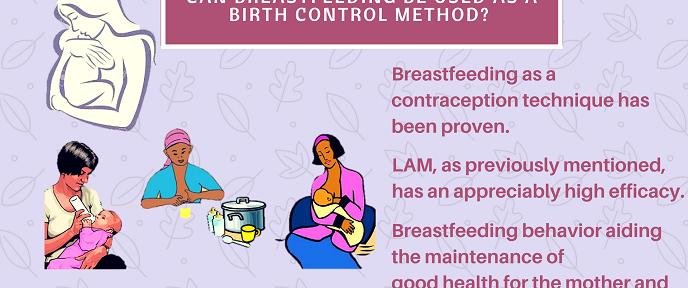
A series of changes occur in the puberty-hit female body to prepare it for a possible pregnancy. When there is no conception, these changes are reversed and the excess of contents are discharged out of the body in the form of menstrual periods. This is a monthly cycle. Thus, a late or missed period serves as an indication that the woman is pregnant.
Although the average number of days the cycle lasts for is 28 days, the exact number differs for every woman. It is also noteworthy that the cycle is completely a hormonal play. And hormones are subject to alterations and regulations by the immediate surroundings and activity. So, there may be reasons other than pregnancy for a late period.
1) A changed work routine or stress
Stress disrupts hormone patterns. Stress signals the body that it is not ready for pregnancy. And ovulation is hence delayed. This action can be attributed to the hormone, cortisol that functions as a stress hormone and suppresses progesterone levels in the body. Even a state of mental or emotional strain occurs post-ovulation causes a hormonal imbalance that stalls periods. A sudden increase in physical workload and heavy exercises is also recognized by the body as stress and may cause irregular periods until it becomes a routine.
In women who are sexually active, a late period can be particularly stressful. Early pregnancy test kit results might be of value. but, obsessive tracking of periods also contributes to the stress levels and might further delay your period. It is thus essential to use contraceptive measures during or before sexual intercourse to prevent unplanned pregnancies.
2) Age and Body-weight
The menstrual cycle responds to both the age and weight of the female. Although how long we dwell in different stages of life is dictated by our genes, it is subject to alterations by our lifestyle habits. The initial menstrual cycles in an adolescent are irregular and periods are comparatively heavier. This is stabilized by the time the woman reaches her 20s and 30s. When a woman is approaching her menopause, hormonal changes make periods irregular again. Around her 40s, a woman may experience longer cycles (more delayed periods) due to the eventual loss of ovarian follicles.
The epidemic of obesity in the contemporary population is also reducing the age at which girls experience their first menstrual periods. Every small shift in BMI can potentially be reflected in your cycle. Women who are obese have greater risks of reproductive disorders and also face heavier and irregular periods. A proportion of body weight is required to maintain a regular menstrual cycle. And thus, women with anorexia are also known to face missed periods.
3) Health conditions
PCOS, thyroid issues and a number of chronic diseases like diabetes and celiac disease affect your menstrual cycle greatly. Conditions of the reproductive system can be directly linked to the cycle. But other diseases either alter blood sugar levels or lower nutrient uptake abilities that affect the hormonal cycles. A fluctuating hormone release then affects your periods.
4) Hormonal pills
Hormonal pills used to treat various conditions in the body can work to interfere with the normal cycles. You can thus expect to get early or delayed periods.
This is a common experience with people who are on birth control pills. These pills contain synthetic forms of the female hormones progesterone and estrogen and therefore have a good potential to directly affect your periods. It is indeed ironical that the pills you take to prevent an unplanned pregnancy have the capabilities to put you in a doubt for the same.
5) An early peri-menopause
Sporadic changes in lifestyle habits have decreased the age in which women receive their first periods and also that in which they enter menopause. An early menopause would cause hormonal changes when you aren’t really expecting it and may be a cause for a late period.
There are a wide range of treatment options available for irregular periods if a proper reason is diagnosed. Kindly visit your physician or evaluate your situation to know the exact reason for your late period.


